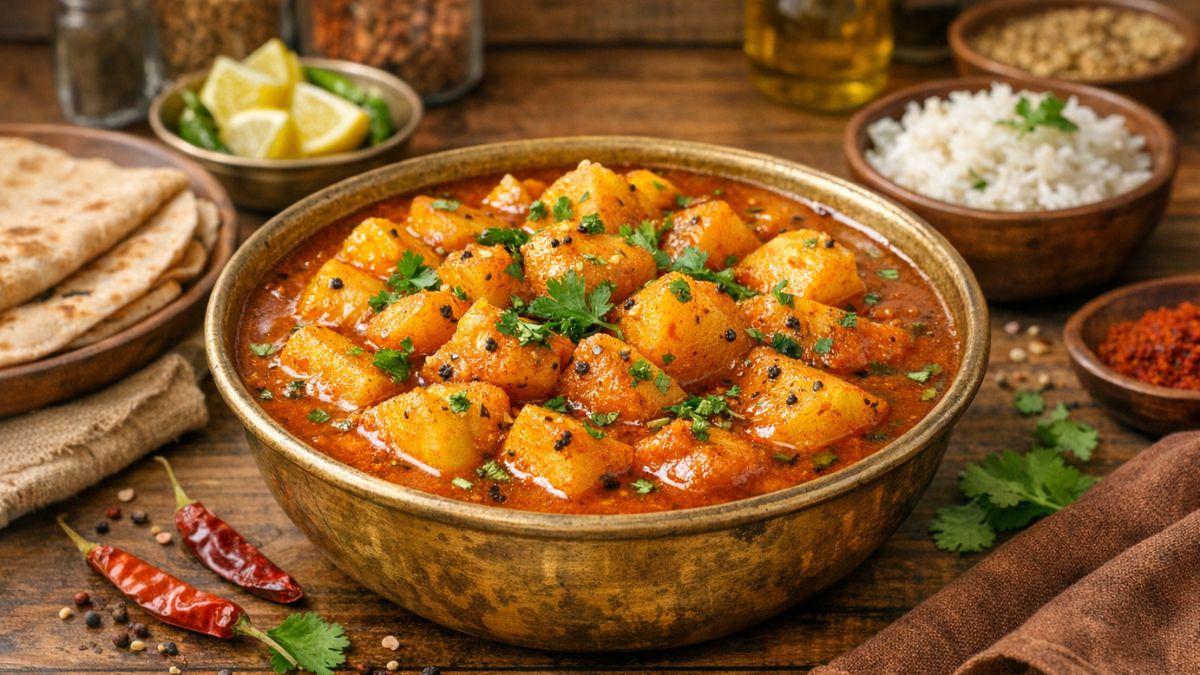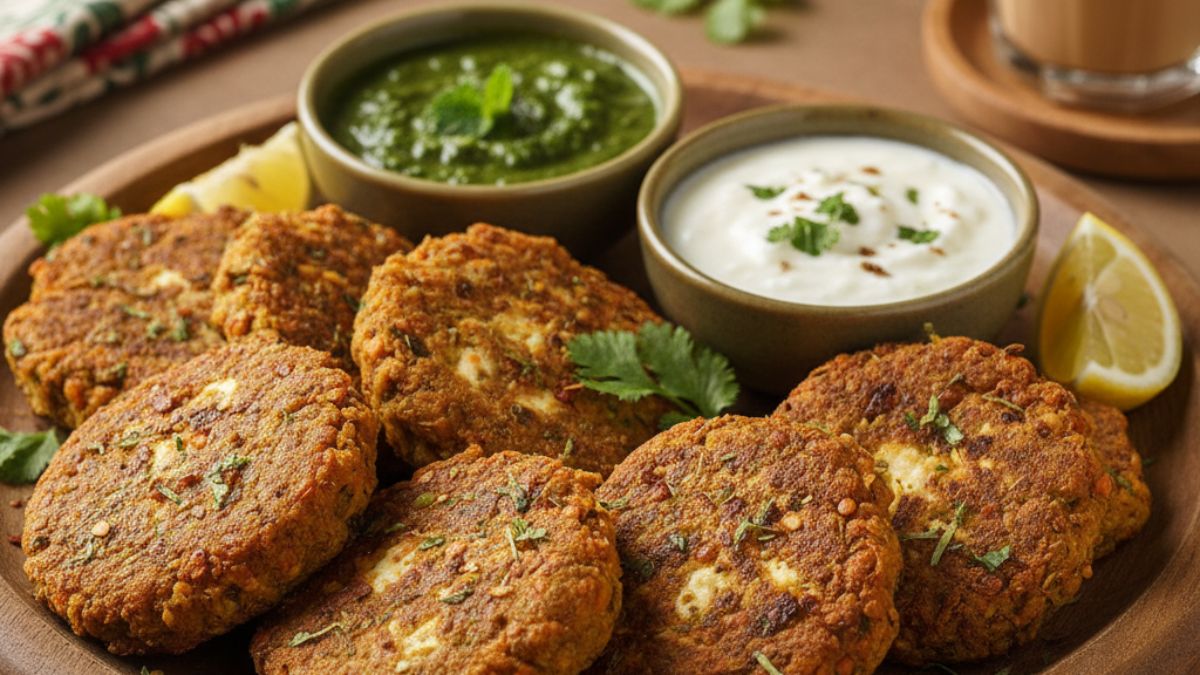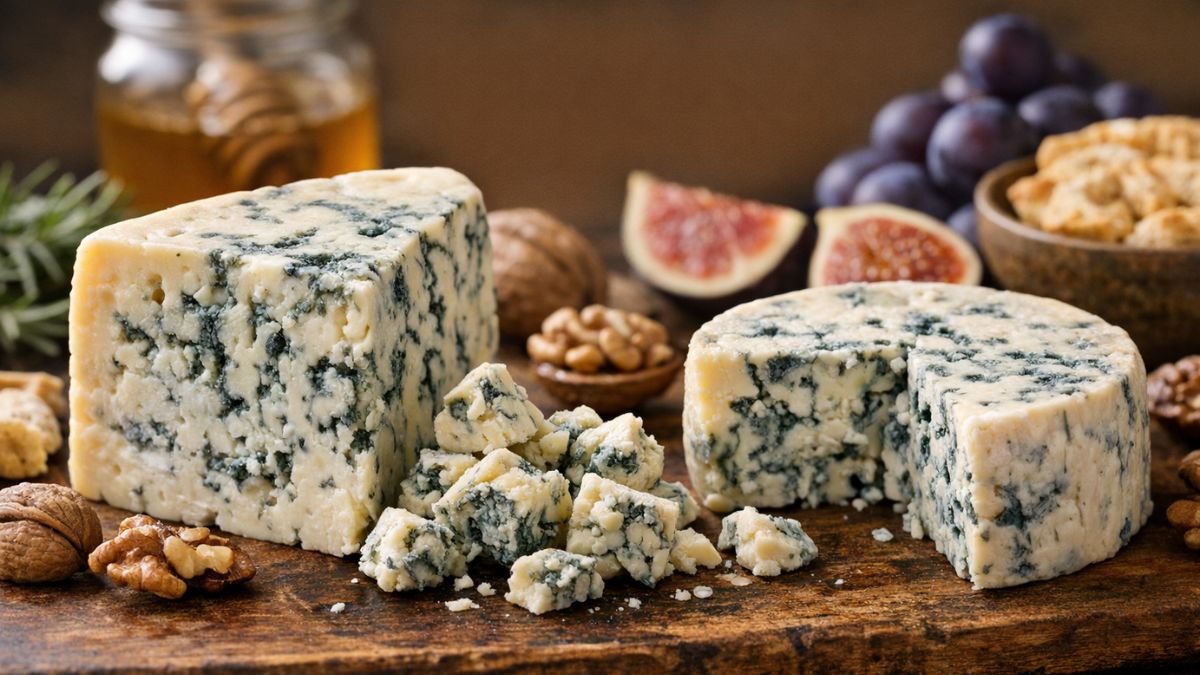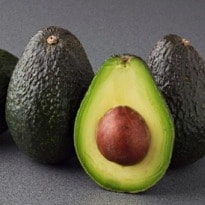It's Wednesday evening and for the last four minutes, I've been holding an avocado. In fact, less holding, more caressing. I run my finger over its leathery skin, concentrate on where it's from (Costa Rica), how it got to me (Lidl, possibly via boat) and what I'll do with it (inhale it if I have to stare at it much longer, I'm famished). For the last week, this routine has been the preamble to each meal.
Welcome to my faintly laborious week of mindful eating, the newest offshoot from meditation folks Headspace, the wildly popular secular app created by Andy Puddicombe, a witty ex-Buddhist monk, and his business partner, Rich Pierson. It's an online course, split into three levels (each is 10 days long requiring around 10 minutes a day) to be done whenever you feel like it, wherever is convenient.
The whole ethos of mindfulness is to encourage people to live in the moment. The theory goes that we are so busy trying to block out past worries and anticipate future ones that we rarely concentrate on enjoying what we are doing at the precise moment we are doing it. Devotees claim mindfulness can be applied to everything from walking and running to sex and eating. The latter is what interests me here.
I am greedy and at times, an emotional eater. Sometimes I will eat less, sometimes more - depending on my state of mind - but I almost always eat without thinking about what I am consuming. I am participating in this for various desired outcomes, none of which involve losing weight. I want to enjoy food, to stop viewing it as I sometimes do as fuel, and to slow the hell down.
The approach is less about calorie counting, more about increasing your awareness of what you are eating. In other words, eat cake, just think about what you're eating and why you're eating it.
The technique has been proven to be effective for people suffering depression, stress and anxiety. Based on Buddhist meditation practices, it's even being recommended by the NHS.
If Headspace sounds cultish, it's not far off, having been downloaded well over a million times. The New York Times called Puddicombe the 'Jamie Oliver of meditation', a lazy but timely endorsement given that Headspace have recently launched a new version of their product, Headspace V2.0, which will encompass relationships, walking and eating.
I'm interested in the mindful eating part of the new app, which aims to reprogramme the way our brains compute all things diet-related. Britons have developed "a huge neurosis with food", says Andy. But, he is keen to note that mindful eating "is not a diet".
While I love a fad (I've been known to make my own almond milk and regularly use coconut oil instead of butter), mindful eating sounds like hard work. For both time and financial reasons, I often find myself cooking canteen-sized batches of the same food - dahl, passata, quinoa. Extreme uniformity like this, however, is frowned upon in Headspace world. Cooking for one "can detract from your enjoyment if you let it," he said. "But if you can learn to shift your focus on to how you shop it needn't." To wit: by instilling variety, change and more thought into why you cook the same thing, eating can become - suspend your disbelief - a pleasurable thing.
I head to Tesco with a carefully curated shopping list but, as instructed, remain open-minded about what I may buy to "try to be playful". As the app suggests I finger the lemons, weigh up my reason for picking up tinned chickpeas and notice my breathing beside the rye bread before ascertaining exactly what sort of impact Haribo is going to have on my wellbeing. Despite my reservations, I do find myself ignoring the usual things I buy, possibly over-thinking my meat choice, but emerge with a bag heavy on variety (beetroot) and possibility (organic mince). It's a good start.
But it's the actual eating where I come a cropper. I'm somewhere between what Andy identifies in his book as a "gorger" (someone who just eats thoughtlessly, continuously) and an "eco-geek" (someone who eats continuously, just healthily and without respite). In other words, I don't eat meals. I inhale them at a tremendous rate, usually over my laptop. I usually cook things on autopilot and devour a bag of almonds as a snack each day without thinking. Because my mind is almost always full of chatter, I feel nothing when I eat, except something between my teeth.
The programme aims to change this. The idea is to listen to the app before you cook and adapt your behaviour accordingly by approaching food in a focused way, thinking about the ingredients, where they come from, how they smell, then examining how they taste, how they move on your tongue. It sounds overly holistic but in practice, pretty sensible. The first few days are tough. Before meals, mindful eaters are asked to rate how hungry they are. I mentally note my level of "mind chatter" (distraction) and how I feel, out of 10. After I've eaten I ask myself the same questions.
While this process of asking myself questions slows me down, it's not until five days in that I start to actually concentrate on the entire process of eating.
The next day, I cup my bag of almonds. I feel the weight. I think about how hungry I am and realising I'm not, don't eat them. It sounds extraordinarily simple, and it is, but it works.
What's easy at home requires a little more effort when I went out for dinner with a friend one week in.
Listening to my mind chatter, while trying to be good company is not easy. All this thought means that I don't relax, but I do notice the lasagne and try to put more thought into eating it. Even after seven days of practicing mindful eating, I still don't find it natural. How long will it take before I've fully acclimatised, I ask Andy? "About 60 days or so," he says, "although the longer you do it, the better you become at it."
So after weighing up whether I really wanted it, I decided to eat the avocado for dinner. Instead of tearing around the supermarket, I spend 35 minutes at my local grocer's instead. I even constructed a few new dishes, which I decanted into various bowls to create a fairly rubbish spread of fusion tapas, but one that is eaten away from the telly. Against all the odds, I have slowed down and I am thinking about each dish. Quite unexpectedly, I taste each one. Mindful eating might be tantamount to a cult, but I'll happily join this one.
Find out more about Headspace courses here.
Interested in finding out more about how you can live better? Take a look at this month's Live Better challenge here.
The Live Better Challenge is funded by Unilever; its focus is sustainable living. All content is editorially independent except for pieces labelled advertisement feature. Find out more here.
To have or not have that avocado? Mindful eating helps appreciate the mental as well as physical aspects of food. Photograph: Ed Young/AgStock Images/Corbis









